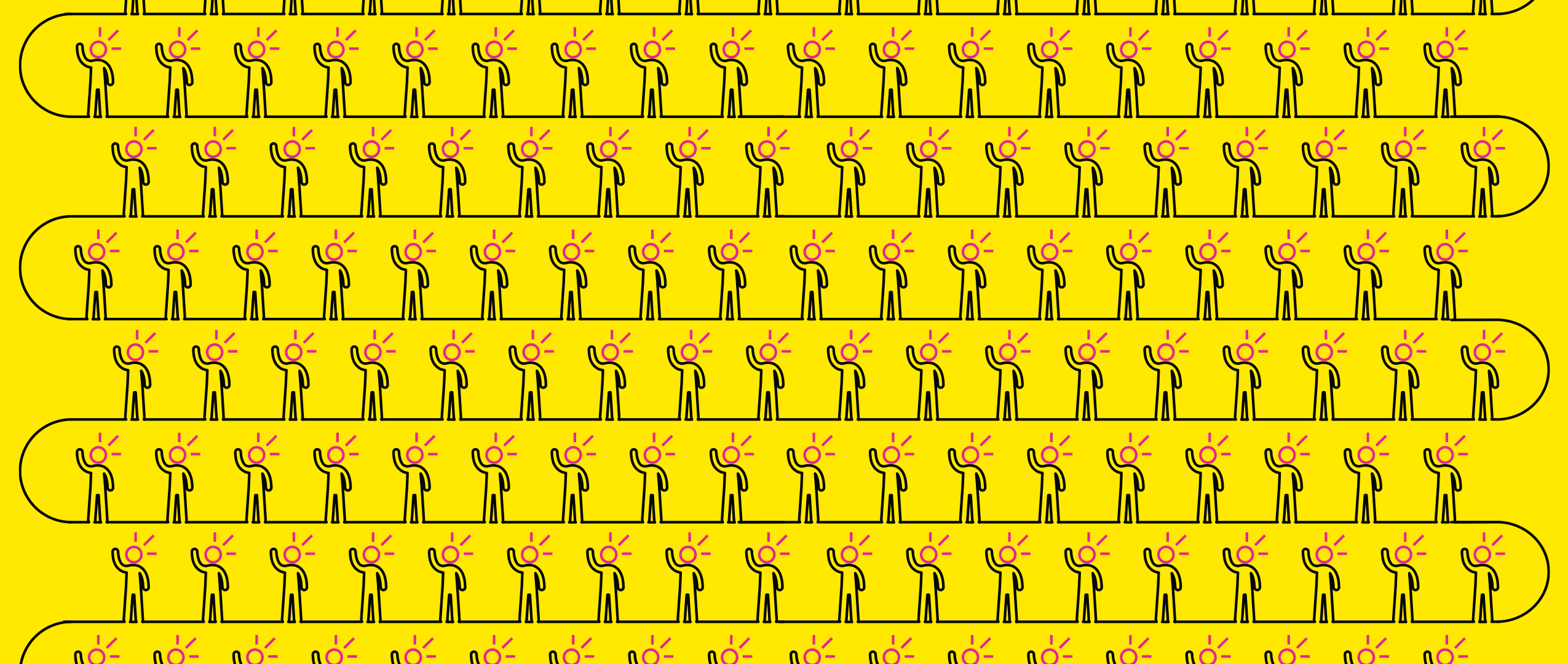by Jhanisse Vaca-Daza, HRF Freedom Fellowship Manager
The most important part of activism has always been connecting citizens and building support. Protest movements are successful when they unite, rather than divide people. It would seem that during the coronavirus, when most people are forced to stay at home and social interaction is limited, finding unity would be difficult. However, activists from Zimbabwe to Eritrea have found new and creative ways of building coalitions and finding unity. Especially in countries with authoritarian regimes, the coronavirus crisis provides opportunities for activists to build support for hard hit communities and position themselves as real centres of opposition to the government.
For example, Zimbabwean activists rapidly responded to the COVID-19 crisis thanks to their experience with previous epidemics and economic crises in the country. The authoritarian government had not prepared for a pandemic. What’s more, the country’s health system was already on the brink of collapse before the coronavirus arrived. Health workers had been on strike for months due to the lack of personal protective equipment before the coronavirus even hit. Now, at the height of the crisis, the situation is critical. In response, Zimbabweans set up crowdfunding pages to support homeless communities, to buy medical equipment for health workers, and to fund COVID-19 testing for citizens. Though this doesn’t look like democracy activism, community projects like these build unity and understanding. Connecting constituencies with different kinds of professionals during a pandemic fosters civic bonds, helps activists understand the needs and deficiencies of different groups, and increases civic unity.
“Our government has always been intentionally slow to warn citizens of looming health crises. In Zimbabwe the past outbreaks of Cholera and Typhoid taught us that our government first downplays the magnitude of the problem because they are ill prepared due to decades of neglecting health care infrastructure,” says Zimbabwean pastor Evan Mawarire, a civil rights activist and leader of the #ThisFlag movement, which focuses on promoting democracy in Zimbabwe. “As a movement our job with those past health challenges and this COVID-19 one has been to quickly sound the alarm so that the general public is aware of the challenge as well as challenge the government to do more in response. We continue to do that today using social media.” By building unity, humanitarian work allows civic movements to remain active and relevant even during public health crises.
In the Philippines the regime is so repressive that citizens are scared to participate in traditional forms of activism. This has not stopped activists from seeking to unify people during the coronavirus crisis. Since the lockdown in the Philippines started, the suspension of work and restrictions on public transportation has severely affected food access for large parts of Filippino society, including farmers and fishermen who cannot generate any income under the current circumstances. In response, Filipino activists have launched the “Scarecrow Movement”: a series of protests with scarecrows made out of cut-out paper placed in visible public places. The movement allows people to express their anger and frustration with the government without risking detention or arrest. Since then, Filipino social media has been filled with images of the scarecrows and signs demanding government subsidies for farmers. The movement has galvanized a large part of Filipino society, including private individuals, student groups, and several Filipino NGOs demanding unconditional subsidies for farmers and fishermen who are on the front lines of the pandemic.
Meanwhile, even though Eritrea allows no freedom of expression, activists have used the coronavirus to their advantage and have targeted the Eritrean diaspora stuck at home. The Eritrean pro-democracy movement One Day Seyoum conducted a campaign demanding the release of American-Eritrean citizen Ciham Ali Abdu, who was imprisoned in Eritrea at the age of fifteen. The campaign, #PurpleForCiham, challenged Eritrean youth to post pictures of themselves on social media wearing purple outfits and tagging Kamala Harris, the U.S. Senator who represents Ciham’s native district in California.
“Many were worried that the global spotlight on the coronavirus would make our campaign less impactful and urged us to reschedule. However, we still went ahead with it and it was the best decision we could have made” said Vanessa Tsehaye, founder of One Day Seyoum. “Our campaign was completely based on social media and depended on people sharing Ciham’s story and calling Kamala Harris’ office to take on Ciham’s case, was something that people could easily do from home. The participation was incredible, because everyone is at home looking for something to do. Three weeks in, we reached our goal”. As a result, Senator Harris’ office contacted One Day Seyoum and is working with activists to secure Ciham’s release.
The global pandemic has forced activists to find new and creative ways to express dissent and build civic unity. Civil society organizations can fill the role of corrupt and incompetent governments by providing aid to communities. They can use internet campaigns to target citizens forced to stay at home and scared to protest on the streets. They can undermine the monopoly on the language of national unity that authoritarian governments seek to impose by showing successful and effective alternatives. Activism can and should continue during states of emergency. And once the crisis is over, civil society can come back stronger than ever.
